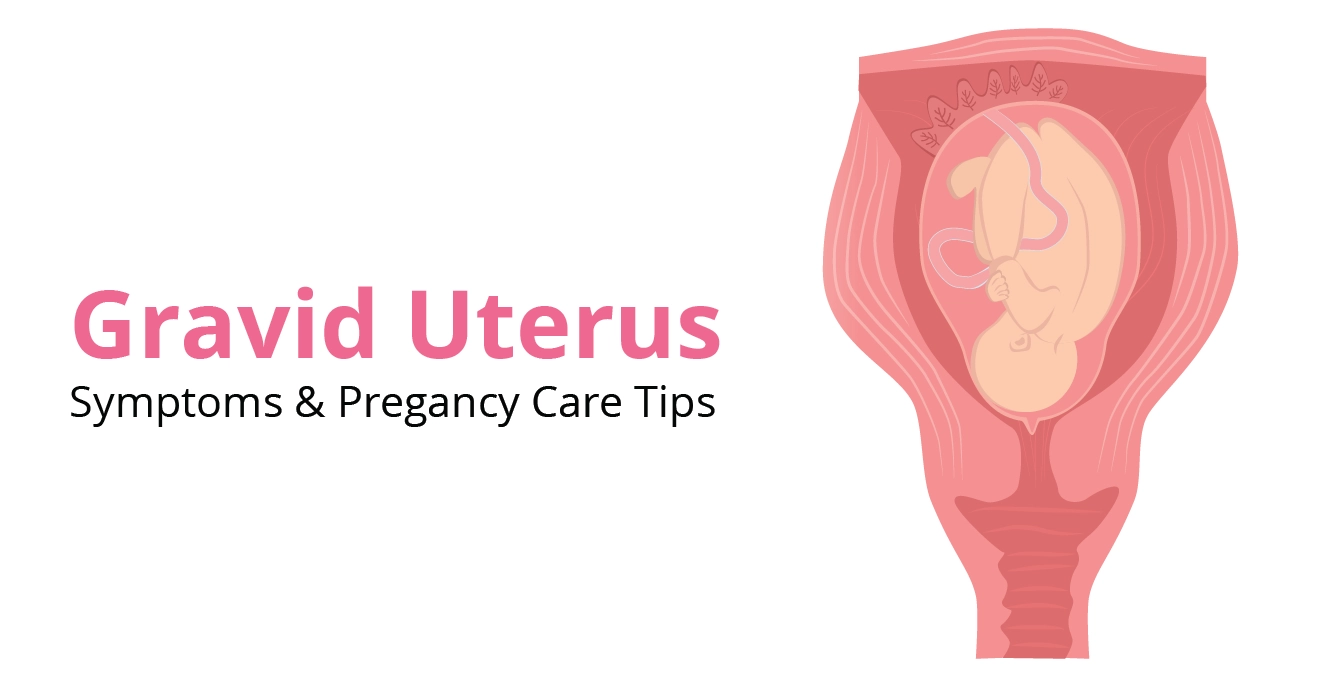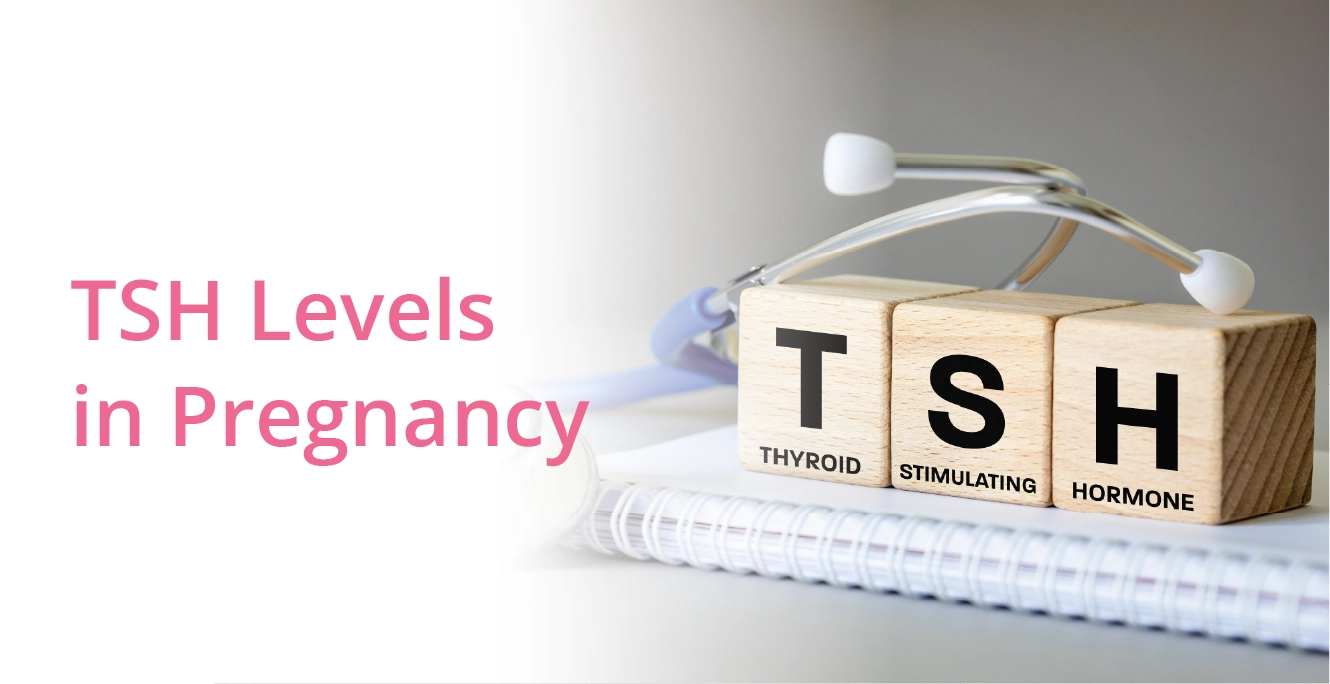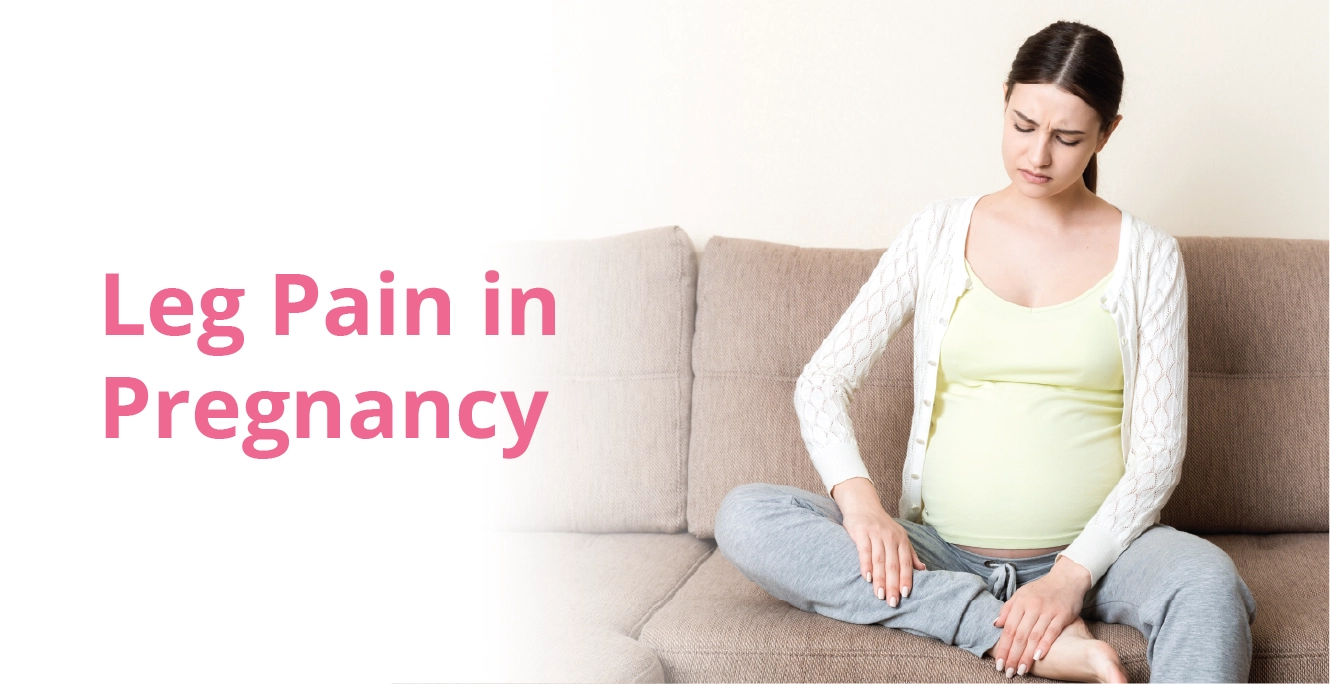
Yoga for Fertility: Conceive Naturally

Table of Contents
- What is Fertility Yoga?
- How does Yoga Impact Pregnancy?
- Top 7 Yoga Poses to Improve Fertility
- Benefits of Each Yoga Pose for Conceiving
- How Yoga Increases Chances of Conceiving
- Can breathwork and meditation complement pregnancy yoga?
- Suggestions
- Consult the Experts at Birla Fertility & IVF about Fertility and Pregnancy-Related Questions
Nearly 48.5 million couples globally experience difficulty conceiving. Thanks to medical science, which has provided us with various infertility treatment options, including medication, IUI, IVF and surgery, to help couples successfully conceive.
But there is one more solution that exists and supports female reproductive health, and has been around for many millennia before these modern solutions came into existence. That is Yoga!
In this blog, let’s explore how yoga helps improve fertility and supports conception.
What is Fertility Yoga?
Fertility yoga is the intentional use of yoga practices, such as asanas (poses), breathwork, meditation & relaxation, specifically aimed at supporting reproductive health. It addresses both physical and psychological factors to help prepare the body, mind, and spirit for conception.
Focus areas:
- Pelvic circulation & reproductive organ health: To improve blood flow to the ovaries, uterus, hips, and lower back.
- Hormonal balance: Since hormones control ovulation and other fertility functions. Stress and poor circulation can disrupt hormones.
- Stress reduction & mental/emotional wellbeing: Chronic stress raises cortisol, etc., which can adversely impact fertility. Yoga offers relaxation, meditation, and breathing techniques.
How does Yoga Impact Pregnancy?
Yoga does not have a direct impact on a person’s fertility. However, yoga affects other organs of the body and stimulates hormone production, which in turn affects conception and pregnancy.
Comprehensive research shows how women with infertility have improved conception outcomes when they practice yoga regularly.
Here is a breakdown of how yoga can benefit individuals at different stages of their fertility.
Yoga and The Menstrual Cycle
Yoga not only has the ability to relieve menstrual cramps and muscle stiffness, but it can also ensure a regular menstrual cycle.
Poses like cobra, bow, downward-facing dog and butterfly can balance and stimulate the endocrine function, which ultimately controls the hormones responsible for regular menstrual cycles.
People with regular menstrual cycles have an easier time conceiving.
Yoga and Female Fertility
Some common reasons for infertility in women are increased physical stress, anxiety and depression. Additionally, depending on their lifestyle, they either do too little or too much physical activity.
Yoga has been observed to alleviate anxiety and depression symptoms, increase physical strength and flexibility and bring down stress. Together, these have been observed to contribute to higher conception rates.
Research shows that 63% of a study group consisting of 100 women struggling with infertility became pregnant after three months of yoga and pranayama.
Yoga and Male Fertility
Around 20% of infertility cases are a result of male infertility, with 1 in 20 men having low sperm count and 1 in 100 having zero sperm count. Pregnancy yoga techniques can also help address male infertility by promoting a higher count of healthy sperm.
Hormonal changes to the body as a result of yoga have been observed to reduce sperm DNA damage.
Yoga allows men to incorporate physical activity within an otherwise sedentary work-home life. The poses also stimulate better blood flow to the male reproductive organs, which improves the health of the sperm.
Yoga has also been found to increase male libido, giving couples more opportunities to conceive naturally.
Yoga and conception
Women can perform yoga to improve their chances of conception and implantation.
Through yoga exercises, the uterus and ovaries are stimulated. The womb warms up and receives more oxygen and nutrients through the improved circulation to the pelvic region. Both physical and psychological stress levels go down, and hormones are balanced.
All of this creates a conducive environment for successful conception and implantation.
Yoga helps the body feel lighter and reduces insomnia, helping women sleep better. Rest is integral to successful conception.
Yoga During Pregnancy
Yoga can also be done after conception and during pregnancy. It will continue to strengthen the expectant mother’s body and help ensure a safer and pain-free birth.
It will also improve the quantity and quality of oxygen and nutrients that reach the foetus through the mother.
Yoga during pregnancy can reduce the number of assisted vaginal deliveries and improve foetal health. This, in turn, has been found to reduce the number of pre-term deliveries and the need for emergency C-sections in some countries.
Top 7 Yoga Poses to Improve Fertility
| Pose | Steps for doing it | |
| 1 | Reclining Bound Angle Pose (Supta Baddha Konasana) | Lie on your back, bend knees, bring soles of feet together, knees fall out to sides. Relax arms. Use props (blocks) if needed. |
| 2 | Bound Angle / Cobbler’s Pose (Baddha Konasana) | Sit, bring soles together, knees drop to sides, spine upright. May forward fold slightly if comfortable. |
| 3 | Bridge Pose (Setu Bandha Sarvangasana) | Lie on your back, knees bent, feet hip-width apart, press into your feet and lift your hips. Engage glutes and pelvic floor lightly. |
| 4 | Seated Forward Bend (Paschimottanasana) | Sit with legs extended, spine long, hinge at hips, reach toward toes or shins. Keep back straight |
| 5 | Legs-Up-the-Wall Pose (Viparita Karani) | Lie down with your hips near the wall, legs extended up the wall, arms relaxed out to the sides. Hold with soft breathing. |
| 6 | Half Lord of the Fishes Pose (Ardha Matsyendrasana) | Seated twist: one leg bent over or beside, twist torso toward bent leg, shoulders and spine aligned. Repeat both sides. |
| 7 | Child’s Pose (Balasana) | From a kneeling position, bring your hips toward your heels, fold forward, and extend your arms to either side, with your forehead touching the floor mat or a block. |
Benefits of Each Yoga Pose for Conceiving
- Supta Baddha Konasana: Opens hips, reduces tension in groin & lower abdomen; helps improve blood flow to uterus; deep relaxation reduces stress
- Baddha Konasana: Improves flexibility in inner thighs and pelvis; helps in cases of PCOS/PCOD by improving circulation; may reduce menstrual cramps.
- Bridge Pose: Strengthens pelvic floor; stimulates reproductive organs; helps with hormonal regulation; improves circulation to lower belly.
- Paschimottanasana: Stretches lower back and hamstrings; eases tension; helps calm mind; improves circulation in ovaries and uterus.
- Legs-Up-the-Wall: Restorative; allows blood to flow back to the pelvis; reduces swelling; calms the nervous system; aids recovery.
- Ardha Matsyendrasana (Twists): Helps in detoxification; stimulates digestion; massages internal organs; may enhance ovarian function.
- Child’s Pose (Balasana): Gentle stretch for hips & back; high relaxation value; can reduce anxiety and mental stress. A good “reset” pose.
How Yoga Increases Chances of Conceiving
Yoga is not magic, but research and experience suggest several mechanisms by which fertility yoga may improve chances of pregnancy in females:
- Reduced Stress & Cortisol Levels
High stress disrupts hormonal signals related to ovulation and fertility. Yoga’s breathing, meditation, and restorative poses help reduce psychological stress, which can help balance the endocrine system. - Improved Blood Circulation to Reproductive Organs
Poses that open the hips, stretch the lower abdomen, and invert legs help bring more oxygenated blood to the uterus and ovaries. This can support ovarian health, follicle development, and implantation. - Hormonal Balance
Yoga can help in stress management, better blood supply, improved digestion, and possibly improved thyroid / endocrine function. Hormones like estrogen, progesterone, FSH, and LH need balanced interaction. Yoga helps moderate these. - Enhanced Nervous System Regulation
Slowing down, breathing deeply, and relaxing helps shift from the sympathetic (“fight or flight”) to the parasympathetic (“rest and digest”) nervous system. This allows better recovery and better hormonal signalling. - Physical Benefits
Increased flexibility of the pelvic region, stronger pelvic floor muscles, less pain/cramps, better posture–all contribute to an environment more favourable for conception. - Mental & Emotional Well-Being
Infertility or difficulty conceiving often carries emotional strain. Anxiety leads to physiological effects. Yoga gives space for acceptance and patience, and helps manage anxiety, which may positively influence cycles.
Can breathwork and meditation complement pregnancy yoga?
Yes, they can.
Both breathwork (pranayama) and meditation can support yoga in relieving stress and getting the body ready for conception and pregnancy. But it’s important to do breathwork that doesn’t increase pressure on the abdominal muscles.
Gentle breathing and short stretches of meditation can supplement yoga during Pregnancy.
Suggestions
- After Ovulation Timing: Some women prefer gentler, restorative yoga after ovulation, to avoid overly intense or deeply stretching/ twisting poses that might feel uncomfortable. Use poses like Legs-Up-the-Wall, Reclined Bound Angle, and Child’s Pose.
- Consistency over Intensity: Doing yoga regularly (e.g. 3-4 times per week) is more helpful than doing it intensely just sometimes.
- Medical Conditions & Infertility Causes: Yoga supports fertility, but underlying issues (like blocked tubes, severe ovulation problems, male infertility etc.) may need medical treatment. Yoga works best as a complementary approach.
- Safety: Avoid very hot yoga, extreme inversions, or overstretching if you have risk factors. Always listen to your body. Getting guidance from trained fertility yoga instructors is best.
Consult the Experts at Birla Fertility & IVF about Fertility and Pregnancy-Related Questions
Birla Fertility & IVF is trusted by thousands of couples across India. Our fertility specialists bring years of experience in treating male and female infertility and help couples find the best treatment options for successfully conceiving.
Our experts can guide you with safe practices, including the role of yoga in supporting fertility. They can also suggest suitable techniques and treatments that complement lifestyle changes to improve your chances of conception. Along with yoga, advanced fertility care and personalised solutions are available to support your journey toward parenthood.
FAQs
Does yoga help improve fertility?
Yes, studies show that yoga does improve both male and female fertility by helping people
- balance their hormones organically,
- reduce stress levels,
- get more rest,
- stimulate their reproductive organs,
- improve the flow of oxygen and nutrients to all parts of the body, and
- strengthen and give flexibility to the uterus, pelvis and lower back.
Practising pregnancy yoga poses daily for 30-45 minutes is helpful in increasing the chances of successful conception. Start with 2-3 times a week for 15 minutes and increase to 5-7 times a week for up to 45 minutes.
Practitioners must drink plenty of water and also follow a robust nutrition plan according to their fertility doctor’s advice.
Is it safe to do yoga when a woman is ovulating?
Yes. Ovulation occurs when a mature egg is released by the ovaries into the uterine tubes and where it awaits fertilisation. During the 12-24 hours of ovulation, women must perform gentle, restorative yoga. Pressure should not be exerted on the belly, and more focus should be given to poses that relieve physical and mental stress.
When doing pregnancy yoga, it’s important to avoid poses that might affect the stomach, uterus and lower back. Here are a few yoga poses to avoid during pregnancy:
- Standing/seated/kneeling backbends.
- Intense front bends and crouching.
- Lower body twists.
- Poses that require clenching or expanding the abdominal muscles.
- Inversions (like upward-facing and downward-facing dog).
- Wheel or modified wheel
Which yoga exercises are best for conceiving?
Some of the best conception and pregnancy yoga poses are as follows:
- Cat-Cow
- Bridge
- Seated or reclining butterfly
- Seated forward fold
- Forward bending
- Extended triangle
- Lying down and leg up the wall
- Reclining bound angle
- Knee tuck and roll on back
Certain yoga poses can help the womb recover from the trauma of a miscarriage by stimulating the flow of oxygen and nutrients. These poses include the following:
- Grounded/laying crescent moon
- Reclining bound angle
- Child’s pose
- Gentle twists
Yoga has also been found to help women who’ve experienced a miscarriage. While there is no direct link between yoga and healing from miscarriage, these exercises can help people manage the after-effects of miscarriage, such as stress and anxiety.
Suggestion: Listen to your body; if a pose feels too challenging, it should be modified or abandoned. It is advised to practice under a professional expert only.
Our Fertility Specialists
Related Blogs
To know more
Birla Fertility & IVF aims at transforming the future of fertility globally, through outstanding clinical outcomes, research, innovation and compassionate care.
Had an IVF Failure?
Talk to our fertility experts

 Our Centers
Our Centers



















